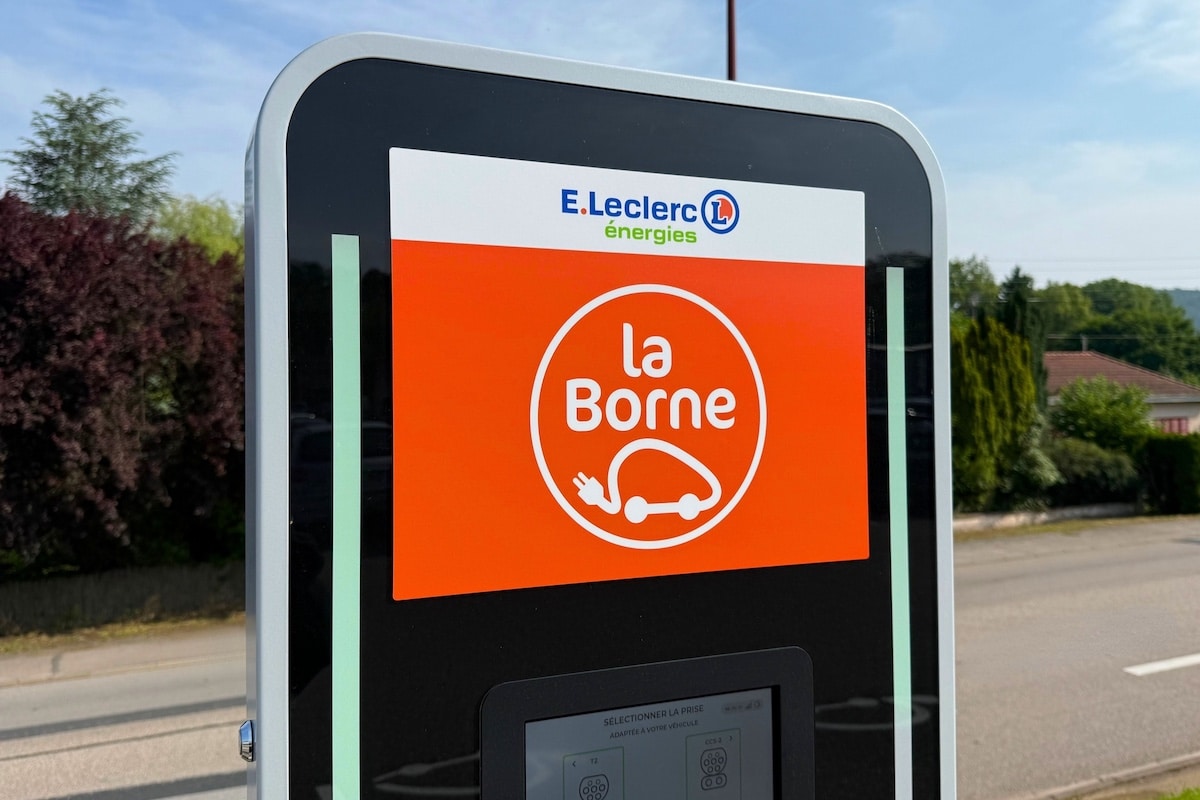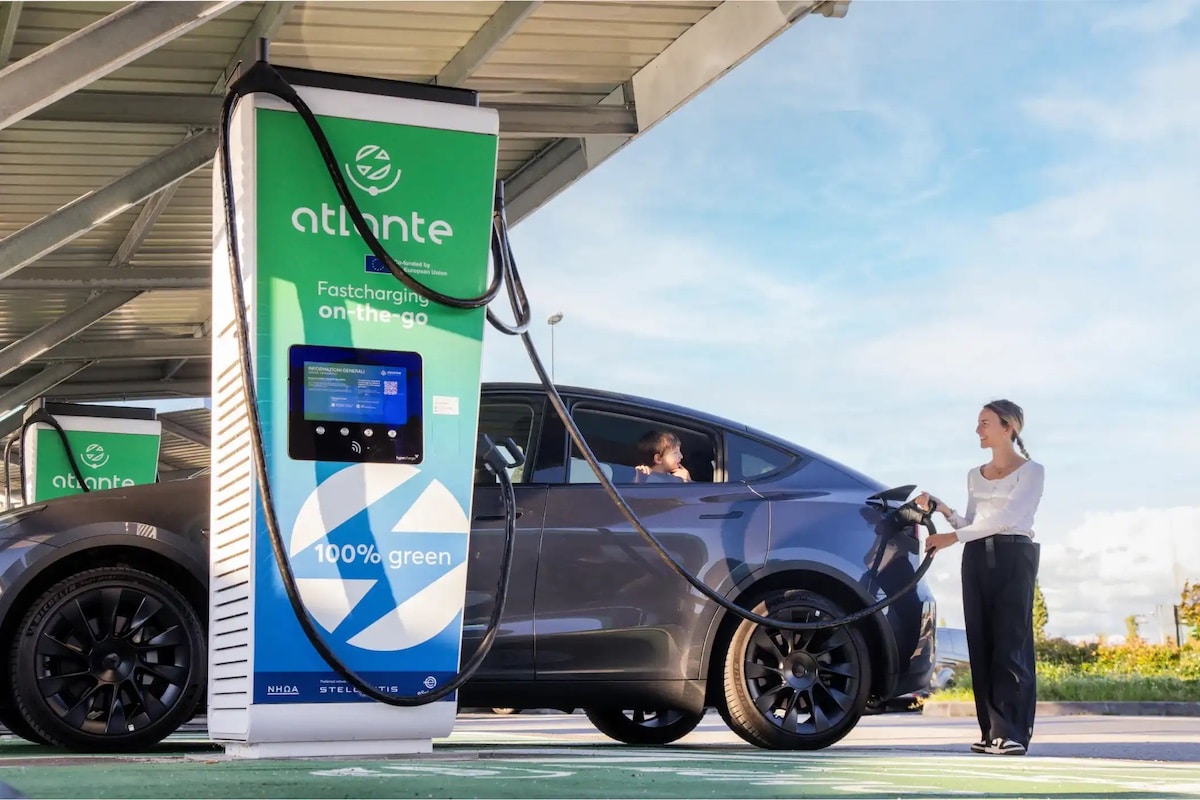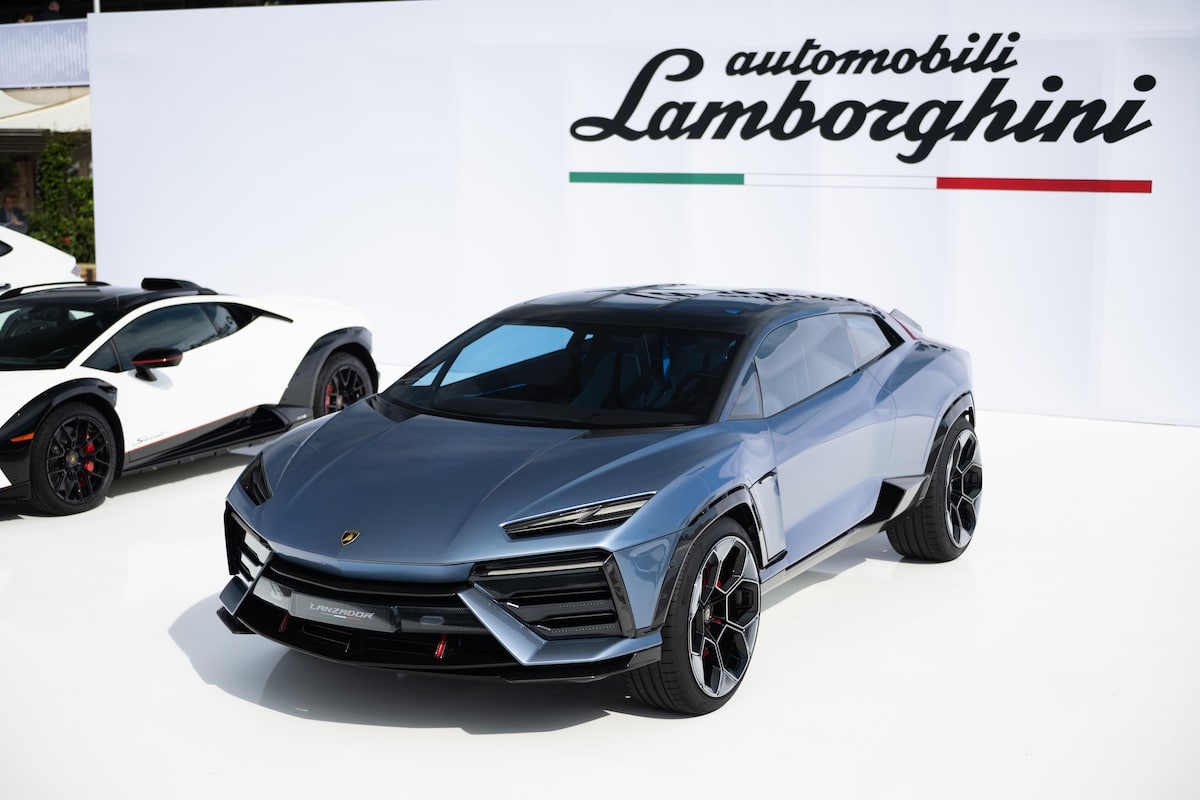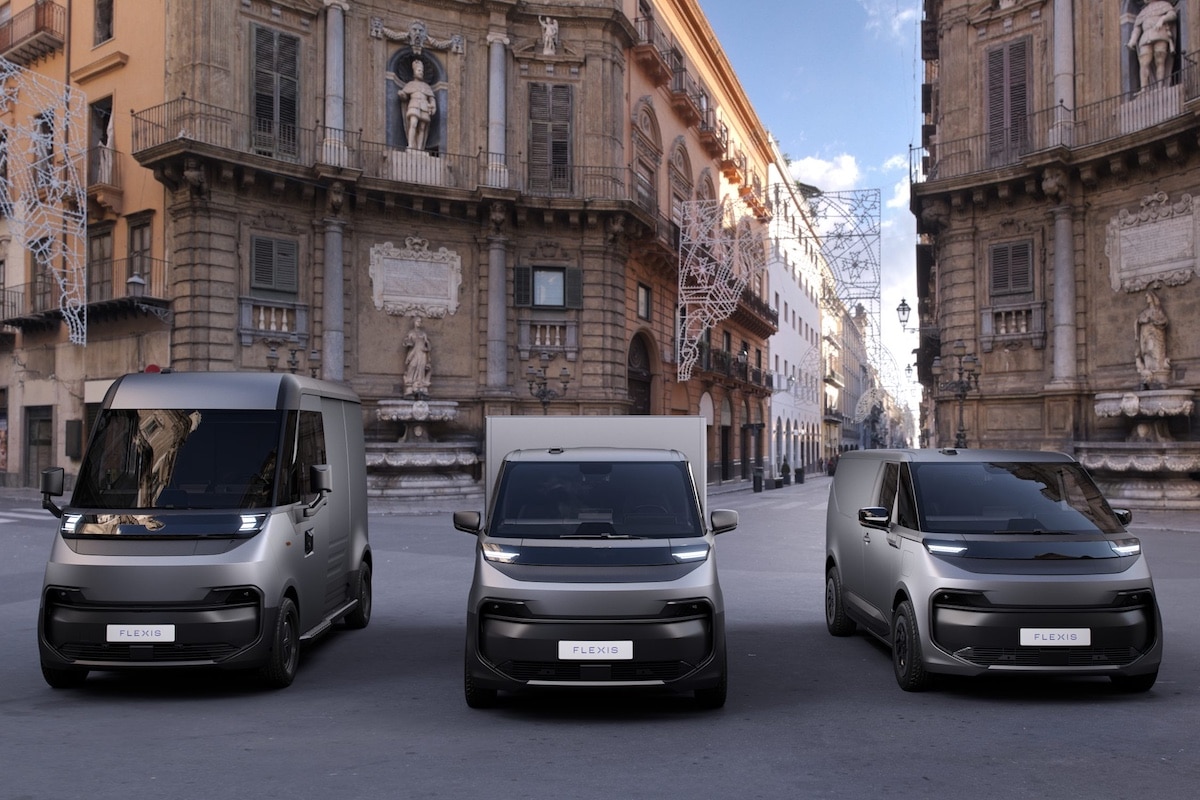Inductive Charging Highway: A Danger for Certain Cars?
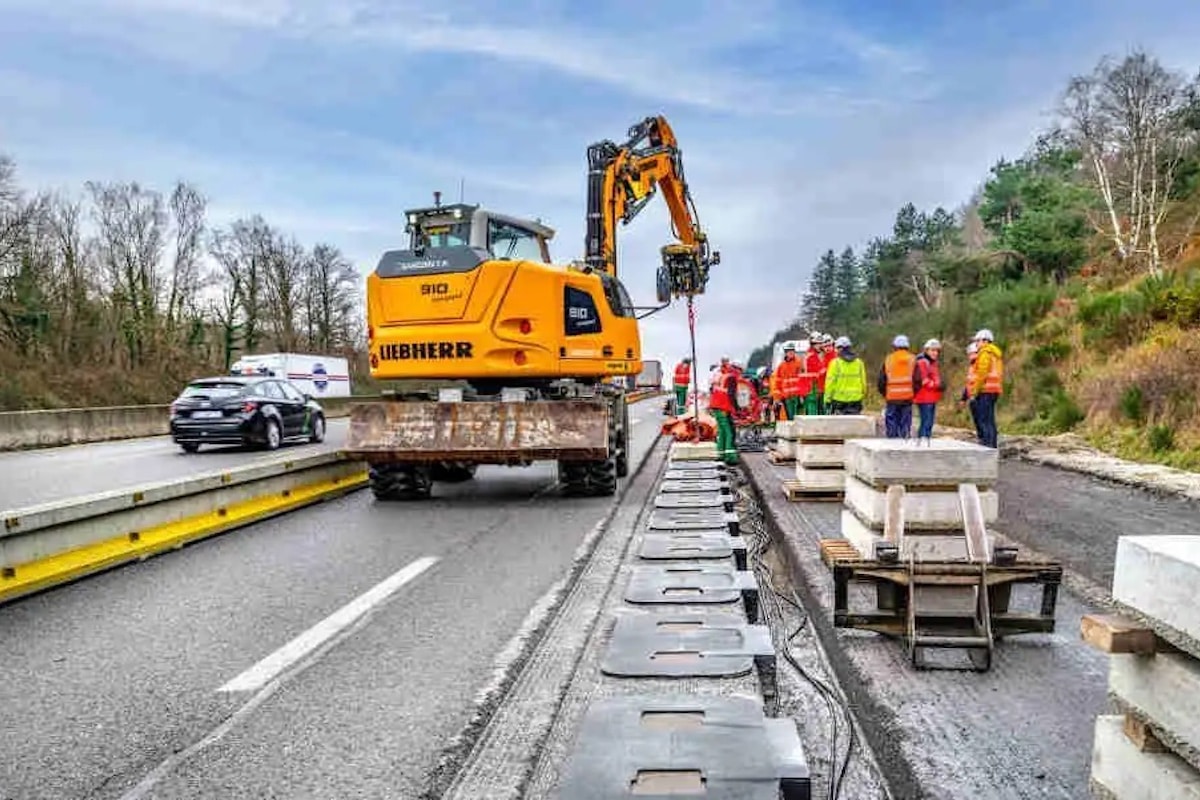
A test section of the A10 now allows compatible electric vehicles to charge while moving.
Electric mobility is reaching a new milestone in France. On the A10, southwest of Paris, an experimental section of the highway now enables wireless charging of electric vehicles while they are driving. Induction coils embedded beneath the asphalt transmit energy to equipped cars, buses, and trucks, offering power often exceeding that of traditional fast chargers: more than 200 kW on average, with peaks surpassing 300 kW.
For long-distance trips, the advantage is clear. Vehicles can reduce the time spent charging, and electric trucks or buses could reduce the size of their batteries, lowering costs and raw material consumption. France could thus become a pioneer in dynamic charging.
But this technology raises a crucial issue: risks for some electric vehicles. The electromagnetic fields produced by induction are strong and constant. Unequipped or older cars could experience electronic interference, temporary malfunctions, or even long-term damage to their components. Current tests are encouraging, but the experimentation must continue to ensure all models can travel safely.
You might be interestedin this article:
VINCI Autoroutes and its partners plan to extend this system to other major routes, allowing travel across the country without ever stopping to recharge. But before a widespread rollout, it will be necessary to guarantee that charging while driving does not damage vehicles and that user safety remains absolute. This induction highway illustrates both the potential and the limits of electric mobility: faster, more convenient, greener… but not yet harmless for all vehicles. France might well pave the way for a future where science fiction becomes reality… provided the remaining technical risks are resolved.
ALSO READ: Porsche wants to revolutionize charging with the new Cayenne
This page is translated from the original post "Autoroute à recharge par induction : un danger pour certaines voitures ?" in French.
We also suggestthese articles:
Also read
